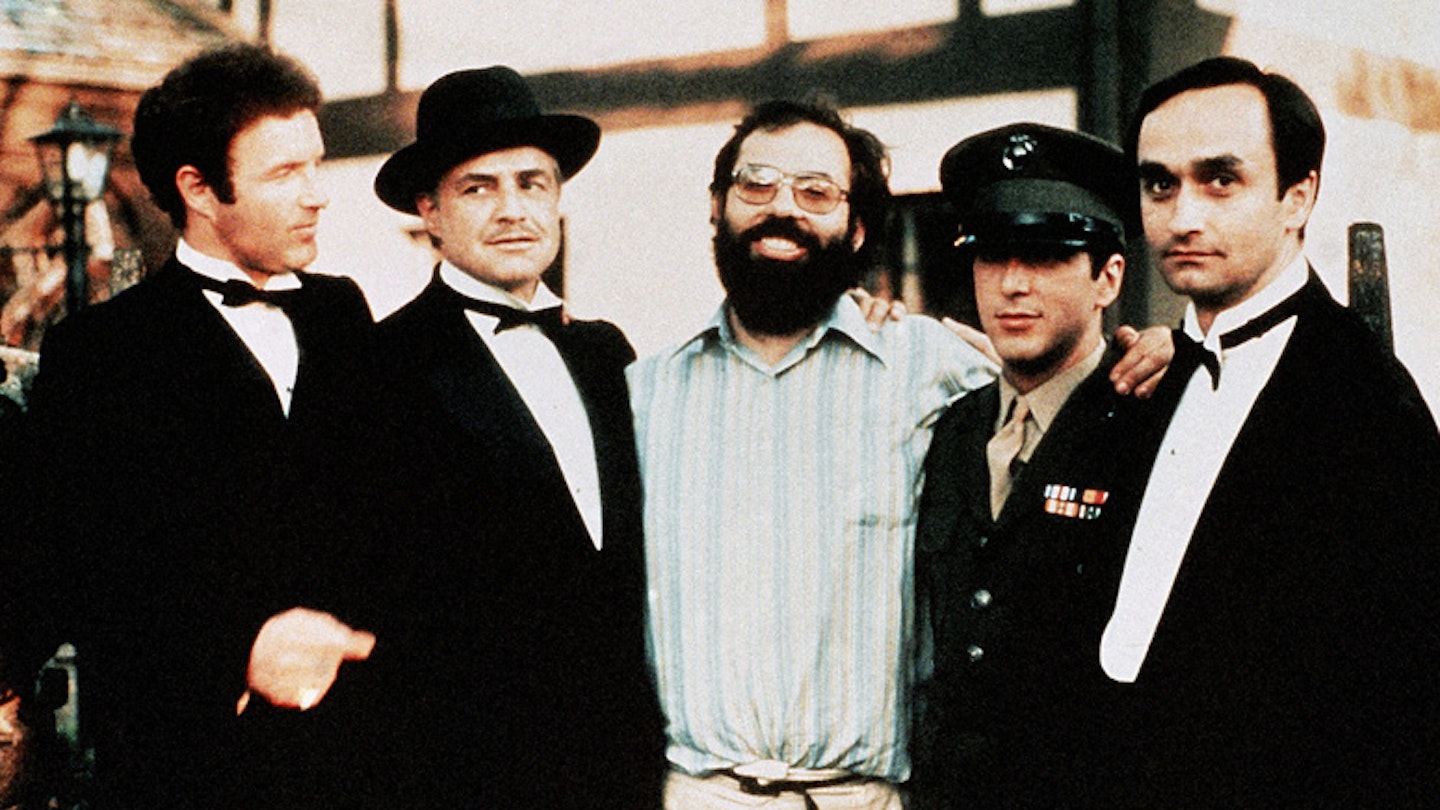Key filmmakers: Francis Ford Coppola, George Lucas, John Milius, Brian De Palma, Steven Spielberg, Paul Schrader
Key dates: Late 1960s – 1980s
What is it? Contained within a broader wave of filmmakers (Dennis Hopper, Arthur Penn, Robert Altman, Hal Ashby, Peter Bogdanovich) storming the barricades of Hollywood following the demise of the studio system in the late '60s, the Movie Brats, so named in a seminal study by Michael Pye and Linda Myles, were generally younger and more facially hairy than their counterparts. They were the first generation of filmmakers who hadn’t come through the system or via theatre, novels or television; instead they had learned film as film. Raised on watching movies on TV from an early age, they had learned their craft at film school — Coppola at UCLA, Lucas and Milius at USC, Scorsese at NYU and De Palma at Columbia, whereas Spielberg created his own movie curriculum by making films from 11 — and as such were both technically proficient — listen out for the dense use of sound in the films of Coppola and Lucas — and steeped in film lore. The Movie Brats films are choc-a-bloc with allusions to other films, be it Hitchcock (De Palma), Kurosawa (Milius) and Walt Disney (Spielberg). The level of referencing in Scorsese’s New York, New York makes QT look like a dilettante.
There were a number of links criss-crossing the group. They not only shared the most talented artisans (screenwriter Paul Schrader, editor Marcia Lucas, sound designer Walter Murch and composer John Williams share credits across the group) but also actively worked on each other’s films: Lucas shot second unit for Coppola’s The Godfather, Spielberg made suggestions on the editing of the final reel of Scorsese’s Taxi Driver and pretty much the whole gang weighed in on Lucas’ rough cut of Star Wars (it was De Palma who helped Lucas rewrite the opening crawl). They also swapped profit participation points in their movies meaning they would receive a percentage of the gross. Lucas and Spielberg and Milius swapped points for Star Wars, and Close Encounters Of The Third Kind — a fair trade. However, when the pair brought John Milius in on the action with the flop Big Wednesday, the act of friendship didn’t lead to riches.
What to watch: The Godfather (1972), American Graffiti (1973), Mean Streets (1973), The Conversation (1974), Jaws (1975), Taxi Driver (1976), Star Wars (1977), Close Encounters Of The Third Kind (1977), New York, New York (1977), Big Wednesday (1978).
What did it influence? Spielberg and Lucas have changed popular cinema as we know it, ushering a whole era of blockbuster. The work of Quentin Tarantino, Paul Thomas Anderson and Danny Boyle would have not been possible without the likes of Scorsese. And Sofia Coppola would literally never have existed without Francis Coppola.
Trivia: In the early '70s, Steven Spielberg and Brian De Palma once borrowed new fangled mobile phones from the studio and called a couple of girls while standing outside the laydeez apartment — then knocked on the front door...
What to say: “Movies are my religion.” (Martin Scorsese)
What not to say: “You gotta love St. Elmo’s Fire.”
